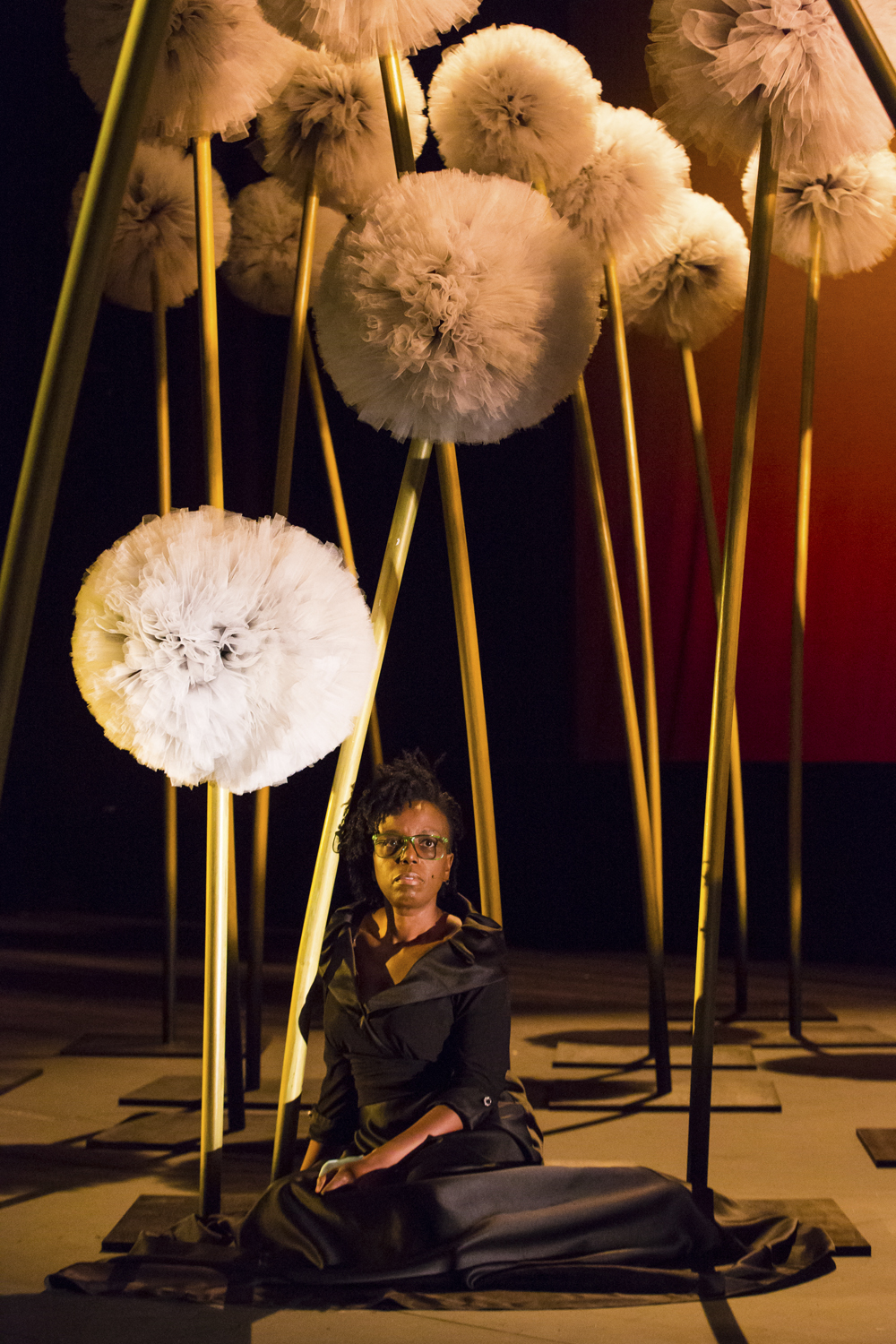If you live, work or teach in London, Liverpool or Luton (all the Ls?) you may be in luck because English National Opera is launching a new creative, music making programme for primary and secondary schools this autumn.
And, of course, it’s pretty timely at a point when the government seems to be cutting funding for arts education yet again, although drama and music has never been more sorely needed than in this strange, emergent post-pandemic world.
The idea is to commission operatic work specifically for the project and then invite young people to complete it. “Finish this…” will provide, among other support, education films, training for participating teachers and what it calls “compositional toolkits” to help students to understand and engage with the process of composition. Given that opera is where drama meets music and is pretty multi-faceted this should provide real insights and open lots of doors for students. Some of these resources are live and some digital.
So, what has ENO commissioned exactly? It looks good. For primary schools, produced by the full forces of ENO Orchestra and Chorus, the new piece to be finished is Blue Red Yellow by Opera Schopera and Ruth Mariner. The former is a company whose mission is the creation of accessible opera and the latter is a facilitator and writer.
Secondary school students, meanwhile, are invited to the challenge of completing Under the Same Sky by Jessie Maryon Davies (musical director and pianist with “a passion for collaboration”) and Hazel Gould, a writer, director and workshop leader who specialises in new opera.
And that’s in addition to the existing schools’ partnership programme which ENO plans to launch in a refreshed version next term so that more young people and schools can be actively involved. Primary schools can attend dress rehearsals and take part in workshops as well as seeing performances at subsidised prices. And there are parallel offers for secondary schools.
They call their learning and participation ‘ENO Baylis’ in homage to Lilian Baylis who founded Sadler’s Wells Opera in 1931. When it relocated from Sadler’s Wells to Frank Matcham’s magnificent 1904 Coliseum in St Martin’s Lane in 1968, it was renamed English National Opera.
Not that the education work is all about workshops. There’s an ENO free ticket scheme, now extended to under 21s (it was formerly for under-18s) with seats available at every performance and in all parts of the auditorium. They can do this, it seems, because they’ve been granted funding by Arts Council England and the Department for Culture, Media and Sport. This could be a good moment for teacher readers of Ink Pellet to plan a school trip to The Coliseum where ENO is based – for HMS Pinafore or The Cunning Little Vixen, maybe?
ENO has quietly been doing its bit for COVID patients too. Long-COVID patients often suffer from breathlessness and/or anxiety. So it’s an obvious match – singing is all about breathing. Singers have to learn how to breathe. In the same way, it’s very helpful for “breathers” to sing even though they may not be “good” singers. Lullabies and calming songs seem to be particularly useful. In partnership with Imperial College, ENO Breathe is working with 1,000 patients nationwide though referrals from 30 NHS long-COVID assessment clinics and will continue this for at least another year. It’s an interesting use of techniques honed in one context suddenly finding a useful application for something completely different.
ENO’s CEO, Stuart Murphy stresses this inclusivity and wide application point: “Our commitment to those with disabilities, health conditions and different access needs continues and this year we are delighted to grow the number of relaxed performances, both on the main stage.”
It’s all too easy for opera to seem irrelevant, expensive, elitist and “not for us because we’re ordinary”. ENO really seems to be working hard, and successfully, to overturn such prejudices. There seems to be a new thrust to bring in new audiences, use its specialist expertise to support people with specific problems and – above all – to find proactive ways of using opera to support music education in schools. Any organisation which does anything to allow more children and young people to learn about, and have fun with, music gets three cheers from Ink Pellet.



